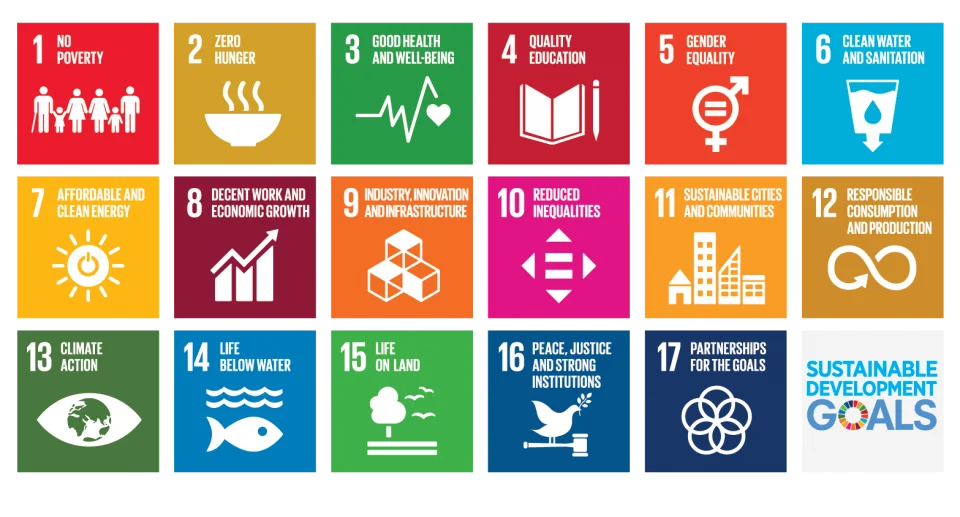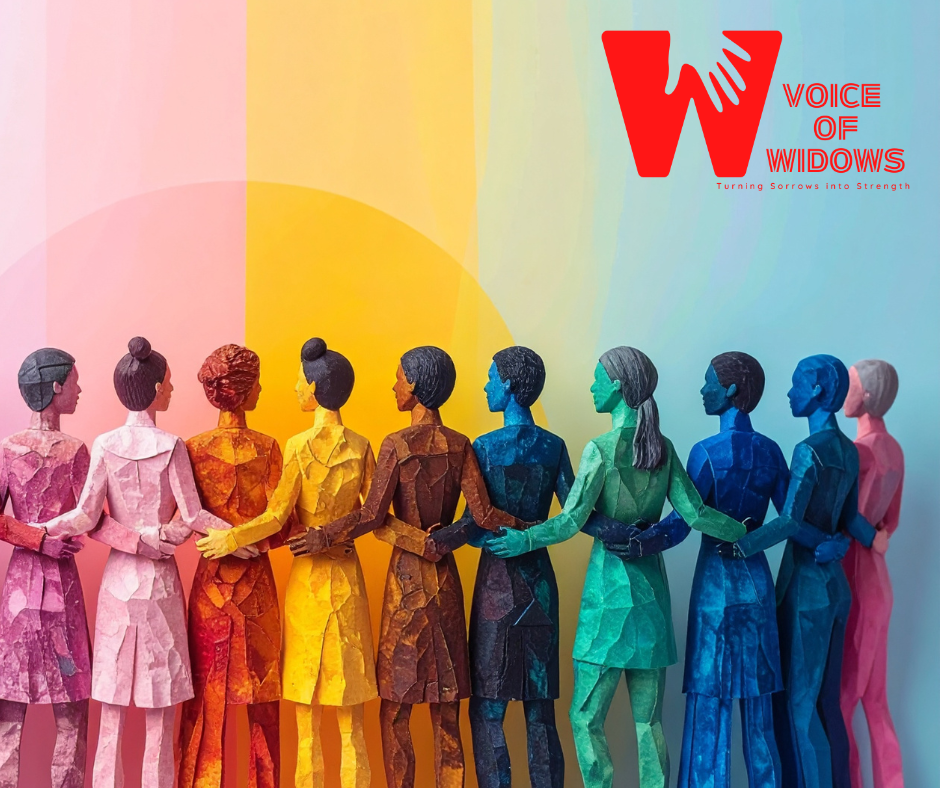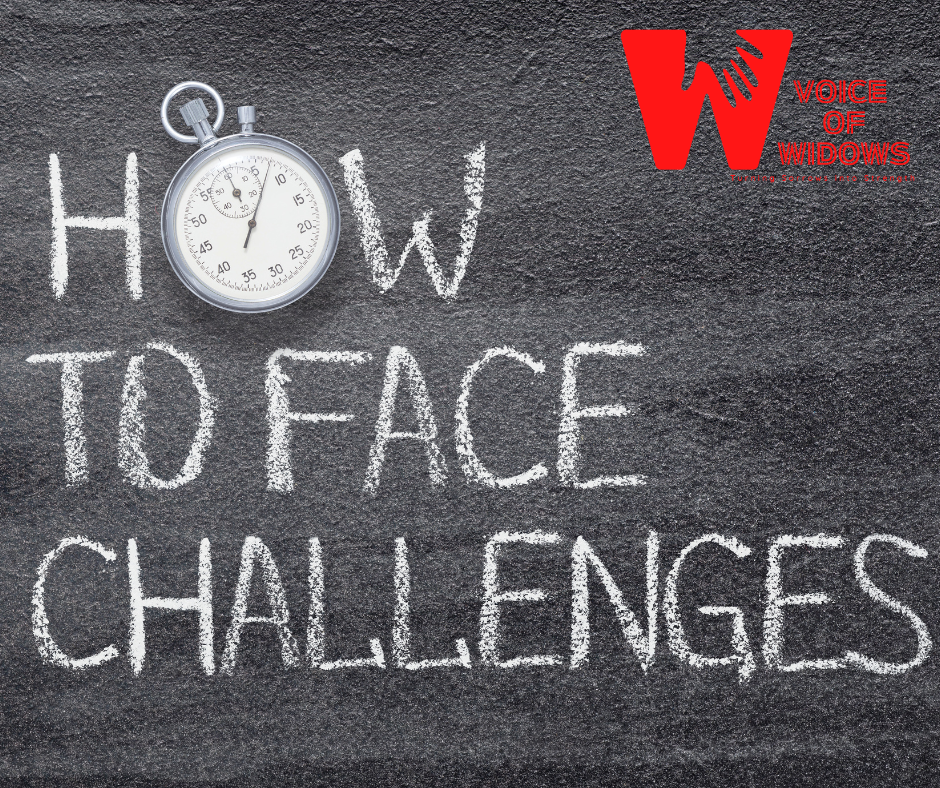In every era, humanity witnesses turning points powerful enough to redefine history. Today, that turning point is the unstoppable rise of women in political leadership. Their presence is not just symbolic. It is structural. It is strategic. It is changing societies, rewriting priorities, and restoring balance where power once felt one-sided.
For centuries, politics has been defined by dominance, competition, and hierarchy. But women leaders are introducing something radically different: collaboration, empathy, accountability, and long-term vision. This shift is not subtle. It is seismic. And the world is finally starting to feel its impact.
The world does not simply need more leaders. It needs better leaders. It needs leaders who can heal, who can unify, who can listen, who can build even in the middle of chaos. Women are proving, time and time again, that they are not only capable of leading but capable of leading in ways that genuinely transform lives.
A Leadership Style That Redefines Power
Women leaders consistently demonstrate strengths that modern governance desperately demands.
They lead with empathy.
They build systems rooted in community needs, not political games. Empathy in leadership means decisions that protect people, not positions.
They lead with collaboration.
They create bridges where others create walls. Their leadership thrives on dialogue, shared responsibility, and collective empowerment.
They lead with resilience.
Women rise despite barriers. They lead despite being questioned. They deliver results despite limited representation. Their strength does not come from authority but from lived experience, and that experience shapes wise, grounded decisions.
Today’s political climate demands precisely this brand of leadership. The world is tired of conflict-driven decision making. Tired of loud voices with empty promises. Tired of leadership that prioritizes power over people. Women leaders offer an alternative that feels more human—and more effective.
A Global Shift That Cannot Be Ignored
From prime ministers to members of parliament, from grassroots activists to global negotiators, women are actively redefining political landscapes. Not silently. Not gradually. But powerfully.
They are pushing forward policies that uplift families, strengthen education systems, expand healthcare access, advance human rights, and prioritize sustainable futures.
When women lead:
-
Conflict is approached with diplomacy rather than aggression.
-
Economic policies prioritize equality and opportunity.
-
Communities become central to national agendas.
-
Transparency increases because accountability becomes non-negotiable.
These are not predictions. These are documented realities. Around the world, countries with greater representation of women in politics see stronger development, reduced corruption, and more inclusive growth.
The Urgent Need for More Women in Leadership
This is not just a celebration of achievements. It is a call to action. Because the world—right now—needs more women stepping into political roles, shaping decisions, and influencing systems.
We cannot wait for the “right time.” The right time is now.
We cannot wait for permission. Leadership is not granted; it is claimed.
Every young girl watching the rise of women in politics must know one thing clearly: this is your space too.
Your ideas matter. Your voice matters. Your leadership can shape nations.
Go Daughters: A Movement for Global Female Leadership
As Founder of Go Daughters, Irtaza Bilal advocates not just for representation, but for empowerment that turns potential into power. Go Daughters champions global awareness, leadership education, mentorship, and the belief that every woman can rise to positions that influence, shape, and lead.
Because the future will not just have women in leadership.
The future will be stronger because women lead.
A Future Built on Courage, Vision, and Change
Women in politics are not changing the world slowly. They are changing it boldly. Their leadership is not a trend. It is a necessity. It is a global shift that demands recognition, support, and expansion.
If we want nations that thrive, communities that feel heard, and systems that prioritize people over politics—then empowering female leadership is not optional. It is urgent. It is transformative. It is the path forward.
The world is changing.
Women are leading that change.
And this is only the beginning.







